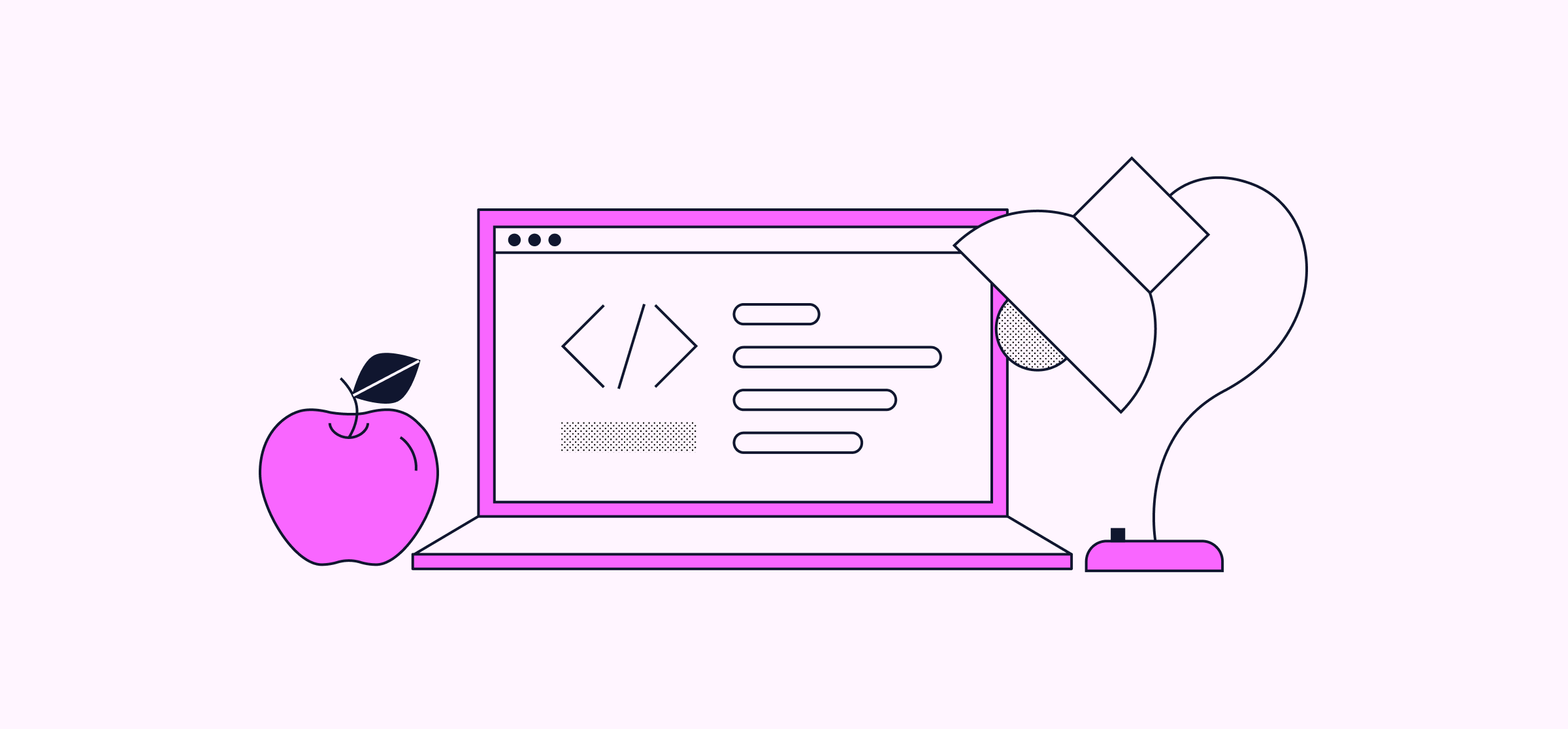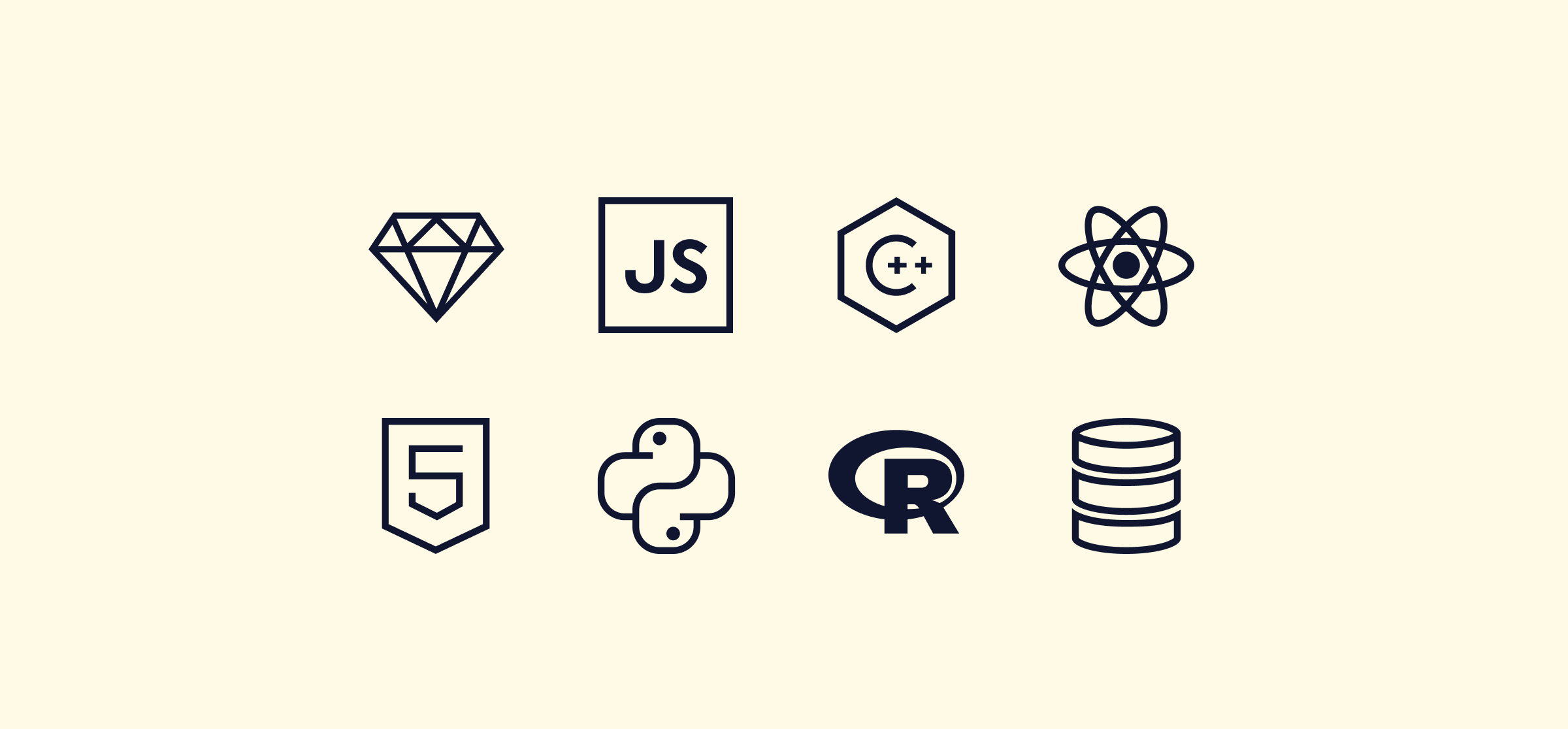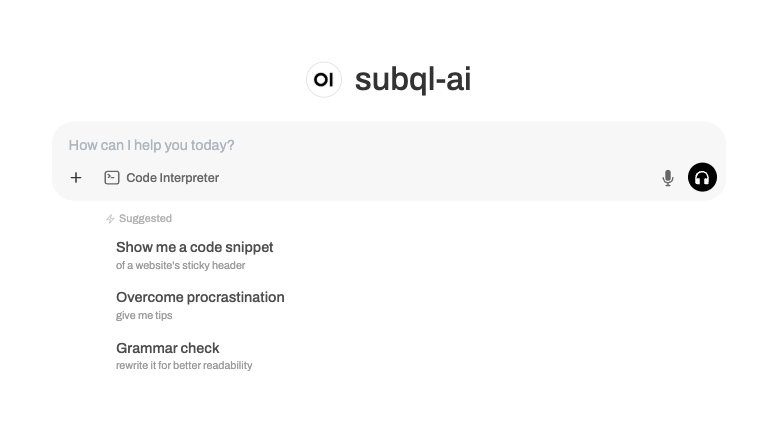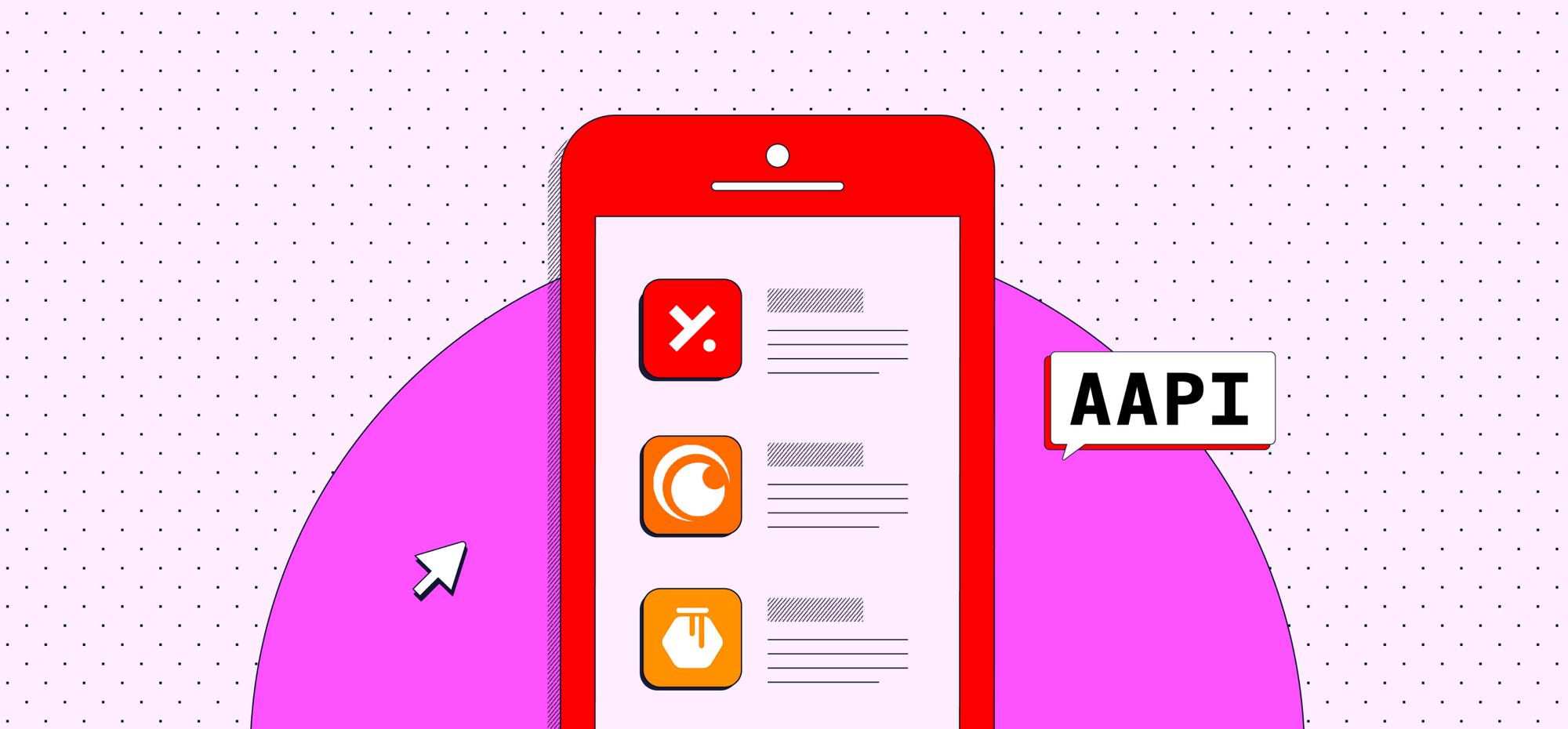What Does an AI Engineer Do?
What does an AI Engineer do? Learn what AI is, what skills you need to be an AI Engineer, and how to become one. The post What Does an AI Engineer Do? appeared first on Codecademy Blog.

AI Engineers are in demand in most industries, and there’s a good reason for this. If you’re wondering what an AI Engineer does, we’ll break it down for you.
Businesses can use the massive amounts of data they generate daily to improve and simplify common, everyday tasks. With the right AI systems, companies can take these tasks off the hands of their teams so they can focus on more meaningful work. Technologies like generative AI, speech recognition, business process management, and image processing are only some of the AI technologies changing the world.
Companies need AI Engineers to put these systems in place, maintain them, and adapt them to changes in the business. According to the World Economic Forum, employment of Data Analysts and Scientists, Big Data Specialists, Machine Learning/AI Engineers, and Cybersecurity Professionals is expected to grow on average by 30% by 2027. In this article, we’ll explore what AI Engineers do, what kind of skills they need, and how you can get started on the AI engineering career path.
But first, let’s examine what AI engineering is and how it relates to machine learning.
Learn something new for free
What is artificial intelligence?
AI, or artificial intelligence, uses computers and machines to emulate how the human mind operates to accomplish problem-solving and decision-making tasks. It combines the robust data sets we generate daily with computer science to achieve this goal in its simplest form.
In AI, machines learn the outcomes of specific actions by crunching mountains of past data. They then use the insights gained from this process to make decisions about future actions and solve problems. At the same time, data is collected on the machine’s decisions and is used to correct and perfect future actions and decisions.
What’s the difference between AI and machine learning?
Machine learning and artificial intelligence are often lumped together in the same definition, but they aren’t necessarily the same. AI refers to complete systems (incorporating both hardware and software) that interact with the world and may use various models, including those from machine learning. Machine learning, on the other hand, focuses specifically on detecting patterns in data and constructing models to represent aspects of reality. While machine learning models can be components within AI systems, AI encompasses a broader range of technologies and methodologies beyond just machine learning.
In our forums, one of our learners, J, provides a helpful explanation:
“Artificial intelligence can be described as when machines carry out tasks in an intelligent or smart way, based on set rules to solve certain problems. Artificial intelligence, or AI, makes decisions, learns, and solves problems similar to how humans would.
Machine learning, on the other hand, is a subset of artificial intelligence. It’s when we give machines data and have them learn from that data on their own, without being explicitly programmed. Machine learning models learn from the data and try to make improvements to its predictions over time.”
So machine learning is a subset of the AI field, but not all AI is machine learning. AI is a broader field. Check out our blog on the differences between AI, machine learning, and deep learning to learn more.
What does an AI Engineer do?
AI Engineers develop new applications and systems to:
- Enhance the performance and efficiency of business processes
- Help the business make better decisions
- Lower costs
- Increase revenue and profits
Simply put, they use software engineering and data science to streamline a business with automation.
Many of an AI Engineer’s tasks overlap with those of a Machine Learning Engineer. Some of the responsibilities of an AI Engineer include:
- Coordinating with business leaders and software development teams to determine what business processes can be improved by using AI
- Creating and maintaining the AI development process and the infrastructure that it runs on.
- Applying machine learning techniques for image recognition.
- Applying natural language processing techniques to text and voice transcripts to pull insights and analytics from this data.
- Building and maintaining chatbots that interact with customers.
- Developing AI-driven solutions that mimic human behavior to accomplish repetitive tasks currently done by people.
- Building, training, and perfecting machine learning models.
- Simplifying the machine learning process so that other business applications can interact with them using APIs.
- Building recommendation engines for shopping sites, streaming services, and other applications.
- Developing data pipelines that streamline the process of transforming raw data into the structured data necessary for AI processes.
Required skills for an AI Engineer
AI is a broad field, and an AI Engineer requires both the skills of a Software Engineer and those of a Data Scientist. It may even help to know mathematics and statistics.
An AI Engineer definitely needs to know at least one programming language and will usually end up learning multiple during their career. Many of the tools that AI Engineers use to make their job easier will require knowledge of Python, R, or Java.
To build and work with machine learning models, an AI Engineer will also need to know the fundamentals of various machine learning frameworks, like TensorFlow, Theano, PyTorch, and Caffe. They’ll also need to know how to turn raw data into the features that machine learning models use. In our skill path Build Deep Learning Models with TensorFlow, you’ll learn how to train, test, and tune neural networks for regression and classification.
Additionally, an AI Engineer must have experience with a variety of machine learning model types and what type of jobs they work best for. These types include:
- Neural networks
- Recurrent neural networks
- K-nearest neighbors algorithms
- General adversarial networks
- Supervised learning
- Unsupervised learning
- Random forests
- Reinforcement learning
To actually create new models and understand how they work, an AI expert may have to know linear algebra, probability, and statistics instead of using pre-built models. These topics help you understand hidden Markov models, Naive Bayes, Gaussian mixture models, and linear discriminant analysis — the techniques used in machine learning.
Data is also a vital part of an AI Engineer’s job. A lot of that data is stored in relational database management systems, so having a basic knowledge of SQL, the language of databases, comes in handy. Still, some of this data will be stored in unstructured or semi-structured data stores — so knowing big data technologies like Apache Spark, Apache Hadoop, Cassandra, and MongoDB is a big plus.
AI Engineers require more than technical skills, though. They must also:
- Be meticulous and detail-oriented because small inconsistencies in data can cause big discrepancies in machine learning models.
- Have excellent communication skills because many of the people they work with won’t understand much of what they do. They’ll have to explain the results of their tasks in a way that anyone can understand.
- Be good at big-picture thinking so they can understand business needs and build AI systems that benefit the company.
AI Engineer salary
AI Engineers make good money. According to 2023 data from the tech salaries site Levels.fyi, an AI Engineer in the U.S. earns $247,200 per year on average.
Understanding these newer AI skills can really boost your individual earning potential. A recent report from the job search site Indeed found that when job descriptions included “generative AI” as a desired skill, the salary rose 47%.
As more organizations look to integrate AI into their services and offerings, the demand for AI Engineers who can implement the technology is increasing. In Skillsoft’s 2023 IT Skills and Salary Report, 30% of IT decision-makers report having the most difficulty hiring qualified AI professionals. By mastering the in-demand skills and getting experience working with generative AI, you can stand out in the competitive job market.
How to become an AI Engineer
Gone are the days when a computer science degree or even any college degree would be required to become an AI Engineer. Good AI Engineers are just in too much demand to require a degree, and employers have learned that many skilled AI experts don’t even need one. They do it because they love the work.
If AI is the career path for you, and you don’t have a degree or want to spend four years learning artificial intelligence, you don’t have to. There are plenty of educational opportunities to learn AI online whenever you have the time and wherever you are in the world. Plus, most of the tools you need for the learning process are open-source and freely available online.
If you’re new to AI and looking for the best place to start your journey, why not try Codecademy? We have lots of courses that are designed to get you comfortable with using generative AI in your work and daily life. Start with Intro to OpenAI API to dig into large language models and effective prompts. Or you can focus on AI skills that complement your software development tasks, like Learn How to Use AI for Coding and Learn How to Use AI for Data Analysis.
Since knowing at least one programming language is a prerequisite for becoming an AI Engineer, a great place to start is our Learn Python 3 course. Python is one of the top languages used by Data Scientists and AI Engineers. It’s also a requirement of our Build a Machine Learning Model skill path. If you’re committed to becoming an AI professional, check out our Machine Learning/AI Engineer career path that covers all of the skills you’ll need as an AI Engineer.
While taking these courses, make sure to also learn and work on custom AI projects on your own time and add both your course projects and side projects to your portfolio. Try to find projects that are similar to the work you’ll perform on the job. For example, the programs you’ll build in our Build a Recommender System skill path can help prepare you to work with streaming services, social media platforms, dating apps, and other organizations that provide users with personalized recommendations. In the skill path Data and Programming Foundations for AI, you’ll get to complete three projects that you can consider for your portfolio, too.
Also, keep your LinkedIn profile updated with your new learning achievements and projects to make it stand out for recruiters and companies looking for AI Engineers. It also pays to practice interviewing skills to be ready when you get a call from a recruiter — our new interview simulator can help you prepare.
Keep learning today
Never stop learning. AI is a broad field, and learning Python and machine learning fundamentals is a great start, but each skill you add to your resume can increase your value to a company.
For even more courses to build your AI skills, check out our full course catalog and revisit the skills section of this article. Good luck with your AI career path!
This blog was originally published in January 2022 and has been updated to include the latest salary data and new AI courses and paths.
Related courses
The post What Does an AI Engineer Do? appeared first on Codecademy Blog.
What's Your Reaction?








































.png)











































